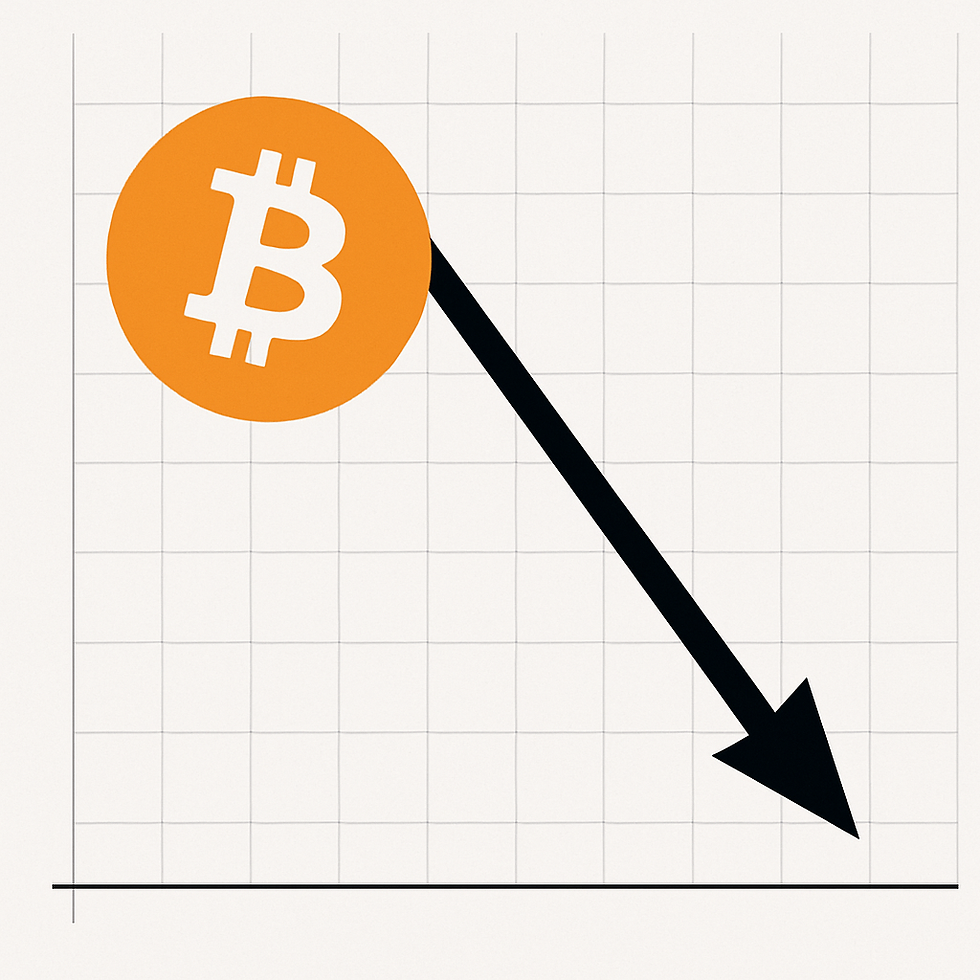Why I am a Liberal
- WireNews

- Feb 24, 2023
- 5 min read
by Rabbi Jeremy Rosen

I recently came across a book called “The Call of the Tribe: Essays” by the Peruvian Nobel Prize Winner Mario Vargas Llosa. It is a collection of short biographies of liberal thinkers that he admired, who avoided extremes of right and left that are now infecting our democracies. Sadly, it did not include Ludwig Wittgenstein who has influenced me more than anyone else in the past century, even if his work is often obscure and challenging.
He includes the Viennese and then British Friedrich Von Hayek (1899-1992), famous more as an economist than a philosopher, the Viennese and then British Karl Popper (1902-1994), and the Russian and then British Isaiah Berlin (1909-1997). Berlin was the only one I knew personally.
Together with Wittgenstein, they came from Jewish backgrounds though completely assimilated and converted. They were citizens of Vienna at a time when it was the intellectual and cultural capital of Europe. Before the perpetual disease of anti-Semitism slowly turned Austria into a Nazi backwater. All these thinkers had experienced the evils that fascism and communism created by trying to impose on societies, conformity to an evil or misguided ideology. Made more toxic by identification with nationalism.
Given our current climate of political and ideological chaos and hatred, where either one accepts a prevailing ideology or is ostracized, canceled, or silenced, I felt it appropriate to rehearse why I identify so much with these thinkers who were proud to call themselves liberal before it became a term of abuse.
Karl Popper’s “The Open Society and Its Enemies” is arguably the most influential book of the past century. Its majestic critique of western thought attacks fundamentals that go back to the great Greek Philosophers Socrates, Aristotle, and Plato. The search for the one answer for everything initiated questioning and the scientific examination of matter and mind. But it also led to autocracy and the imposition of the will of the ruler. In Plato’s “The Republic” the pursuit of the truth becomes the aim of the state which is superior to the humans who make up society, and the head of the state demands total obedience and submission and decides what is truth. We like to think they introduced democracy to the world, but it was not democracy as we understand it today.
This also led Western Christian theology to insist that there was only one way of believing in truth. And one had to convert the rest of the world to it by force if necessary. This continued until the Enlightenment began to chip away at ecclesiastical control. But then nationalism emerged that imposed its dogmas on all its citizens.
Popper also attacked historicism; the idea popularized by Hegel that the world was progressing inexorably to a state of perfection by eliminating anything that stood in the way. Which inspired the Nazis to murder anyone they did not approve of. Something that Communism took up with just as much enthusiasm. The antidote was to open minds to the nuances and challenges of an intellectual open market of rival ideas.
However, Popper warned that unlimited tolerance could lead to the disappearance of tolerance. If we are not prepared to defend a tolerant society against the onslaught of the intolerant, then tolerance will be destroyed. But we should still claim the right to suppress ideas if they are not prepared to meet us on the level of rational argument if they forbade their followers to listen to reason and teach them to answer with violence. One of the challenges we face is with some religious and civil ideologies today.
Way ahead of his time, Popper also argued that democracy could not survive if it doesn’t place effective control on television and the media to reduce the unlimited power that they exert today in shaping our cultural and moral environment.
Popper also rejected nationalism which is why he opposed Zionism. He like Herzl originally thought the best thing for the Jews would be to assimilate. I agree that nationalism is potentially dangerous. I wish we could do without it. Just as I would like to have one world government, and world peace and people should stop killing other people. But for as long as other nation-states exist, discriminate, and hatreds such as antisemitism continue to flourish, I see no better way for Jews to protect themselves than by maintaining their nation-state. We certainly should have learned by now that we cannot rely on them to fight for us.
Isaiah Berlin is popularly known nowadays for his aphorism that “The fox knows many things, but the hedgehog knows one big thing.” To illustrate different types of minds, and expertise. Berlin said “I never meant it very seriously. I meant it as a kind of enjoyable intellectual game.” But his primary concern was liberty and morality. He differentiated between Positive Liberty, which he defined as self-mastery, which asks not what we are free from, but what we are free to do. And Negative Liberty is the absence of coercion or interference with private actions by an external political body.
Berlin despised the idea of absolute certainties. As he said, “ If you ever come across a person who tells you that he is the sole possessor of the truth, run away as fast as you can.”
On the issue of morality, Berlin followed Wittgenstein. Wittgenstein was the Socrates of his day. Challenging the basic assumptions of philosophy’s claim to be able to solve moral problems. He emphasized language, using the phrase that “the meaning of a word is its use.”
To ensure that since we communicate ideas using words, we have to make sure that we are using words in the same way. How can we communicate ideas if we do not agree on what words mean? What do we mean when we say something is good, good for whom? Most of the time we talk across each other.
This was why Wittgenstein refused to discuss religion, even though he himself was a highly moral and spiritual man. He thought that religion could not be defined by philosophy because it exists beyond language in the realm of experience. This is why religious coercion is so pernicious. And why my liberalism is confined to the secular world which should be able to accommodate all personal experience so long as it remains personal and is not imposed.
This is why I am proud to call myself a liberal. And why I look around me at the way political systems have been distorted and corrupted by their arrogant and smug politicians of all complexions and I shudder at the mess they are making of this world.
21 February 2023
###
Jeremy Rosen was born in Manchester, England, the eldest son of Rabbi Kopul Rosen and Bella Rosen. Rosen's thinking was strongly influenced by his father, who rejected fundamentalist and obscurantist approaches in favour of being open to the best the secular world has to offer while remaining committed to religious life. He was first educated at Carmel College, the school his father had founded based on this philosophical orientation. At his father's direction, Rosen also studied at Be'er Yaakov Yeshiva in Israel (1957–1958 and 1960). He then went on to Merkaz Harav Kook (1961), and Mir Yeshiva (1965–1968) in Jerusalem, where he received semicha from Rabbi Chaim Leib Shmuelevitz in addition to Rabbi Dovid Povarsky of Ponevezh and Rabbi Moshe Shmuel Shapiro of Yeshivat Be'er Ya'akov. In between Rosen attended Cambridge University (1962–1965), graduating with a degree in Moral Sciences.








